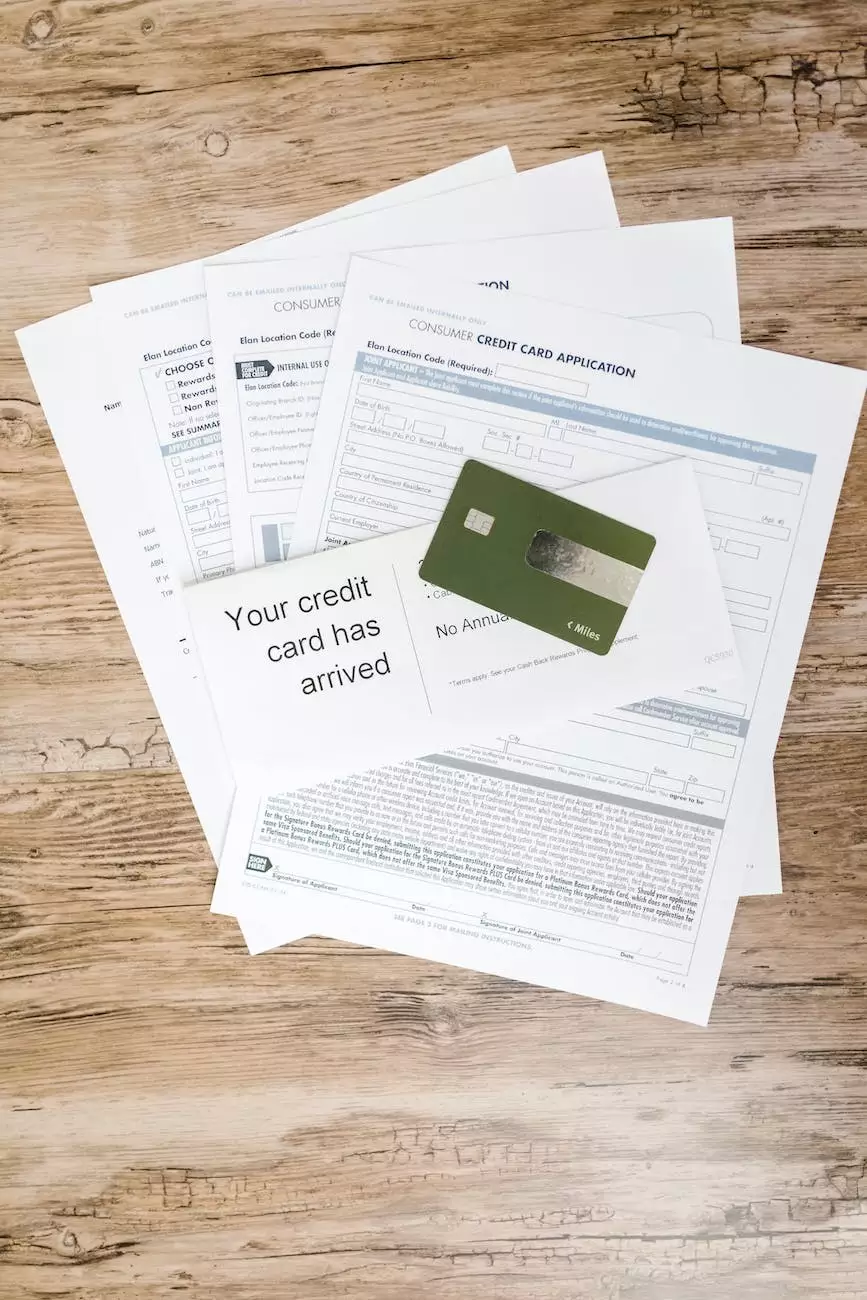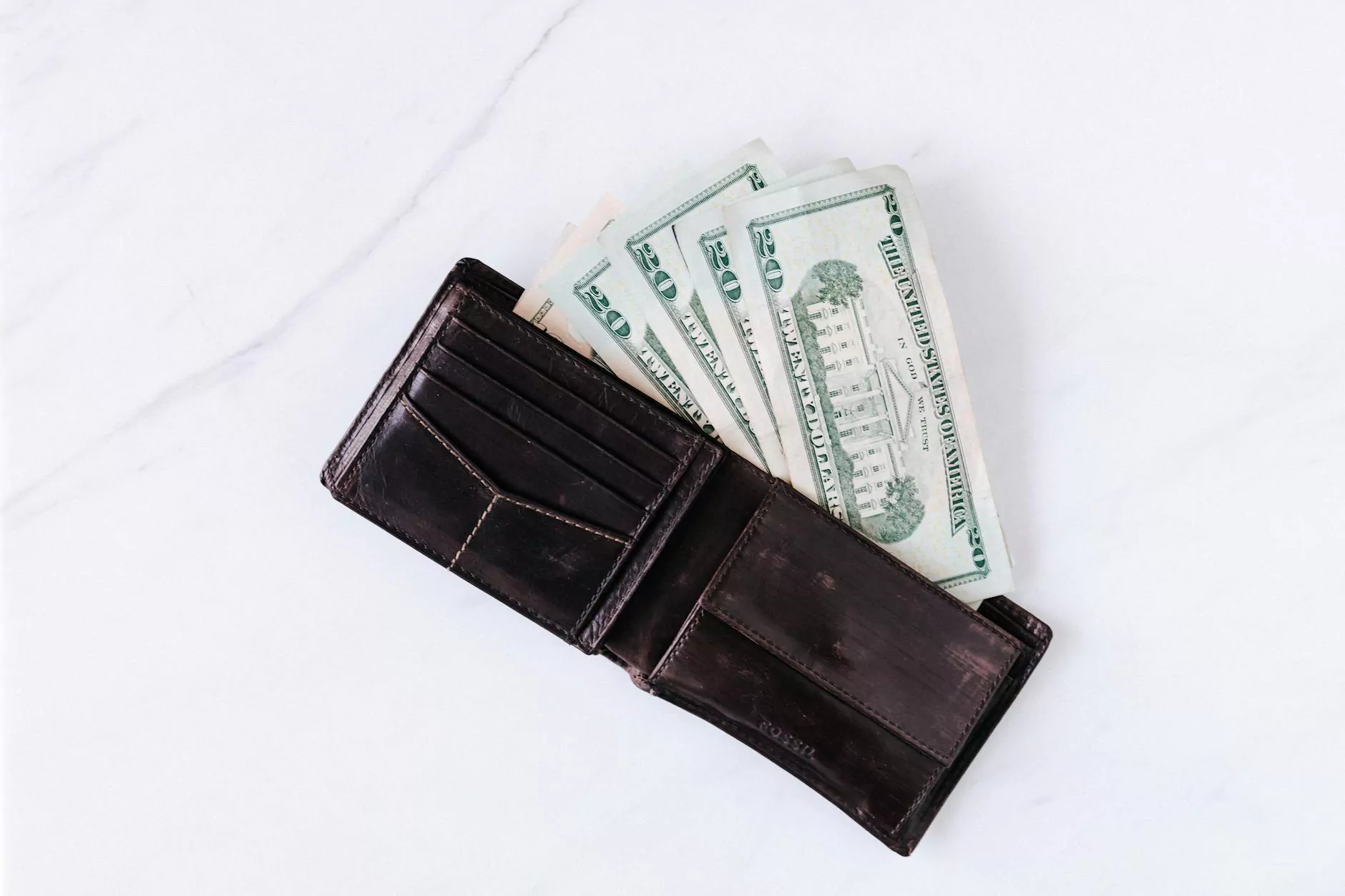Disaster Recovery: How to Spot and Respond to a Scam
Our Team
Welcome to Social Service of America
Thank you for visiting Social Service of America, a trusted resource dedicated to providing valuable information on various aspects of community and society, with a focus on philanthropy. In this article, we will discuss how to identify and respond to scams during times of disaster recovery.
Understanding Scams during Disaster Recovery
When disasters strike, it is unfortunate that scammers often take advantage of the vulnerable situation to exploit individuals seeking help or looking to contribute to relief efforts. At Social Service of America, we are committed to empowering our readers with knowledge and insights to protect themselves and their communities.
Spotting Signs of a Scam
It is crucial to be able to recognize the signs of a scam, especially during times of disaster recovery. Here are some indicators to watch out for:
- Unsolicited Communication: Scammers may reach out via email, phone calls, social media, or even door-to-door visits, offering aid or requesting donations without any prior contact.
- Pressure to Act Immediately: Scammers often create a sense of urgency, urging you to make immediate donations or provide personal information without giving you time to research or think.
- Requests for Unusual Payment Methods: Be wary of scammers who insist on payments through wire transfers, prepaid gift cards, or untraceable digital currencies, as these methods offer little to no recourse to recover your funds.
- Lack of Transparent Documentation: Legitimate disaster relief organizations will always provide transparent information about their mission, impact, and financials. Scammers, on the other hand, may have vague or inconsistent information.
- Impersonation of Known Organizations: Scammers may pose as reputable organizations or well-known agencies, using similar names or logos to deceive victims.
Responding to a Potential Scam
If you suspect that you have encountered a scam during disaster recovery, take the following steps to protect yourself and report the incident:
- Do Not Engage: Refrain from providing any personal or financial information to the suspicious party.
- Research: Conduct independent research to verify the legitimacy of the organization or individual contacting you. Check for online reviews, official websites, and contact information.
- Contact Authorities: If you believe you have encountered a scam, report it to your local law enforcement agencies and relevant consumer protection organizations.
- Spread Awareness: Help prevent others from falling victim to the same scam by sharing your experience with friends, family, and through trusted online platforms.
Trustworthy Resources for Philanthropy and Community Involvement
At Social Service of America, we understand the importance of connecting individuals and organizations with verified resources. When it comes to disaster recovery, we recommend the following trusted sources:
- Government Relief Agencies: Local, state, and federal government agencies often coordinate disaster relief efforts. Visit their official websites or contact them directly for accurate information on donation opportunities and assistance programs.
- Verified Nonprofit Organizations: Many well-established nonprofit organizations have a track record of supporting disaster recovery efforts. Look for recognized organizations with transparent financials, clear mission statements, and positive reviews from beneficiaries.
- Online Philanthropy Platforms: Several reputable online platforms specialize in verifying and connecting potential donors with legitimate disaster relief projects. Research these platforms and check for user reviews and mechanisms for accountability.
Conclusion
Disaster recovery situations can be challenging, but by staying informed and vigilant, you can protect yourself and contribute to legitimate relief efforts. Social Service of America is here to help you navigate through potential scams and provide comprehensive resources to ensure philanthropic contributions make a genuine impact on the communities in need.










